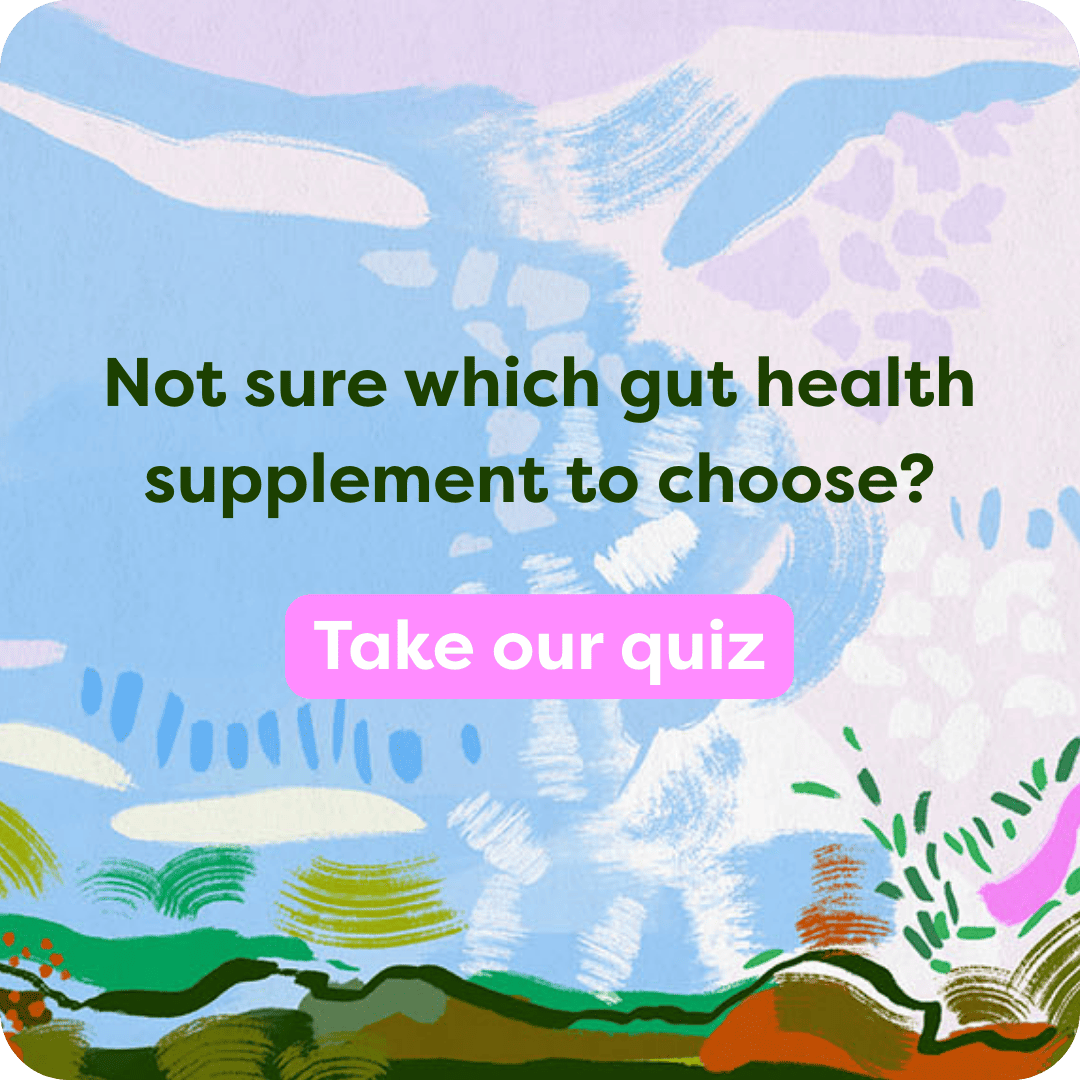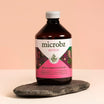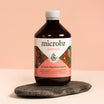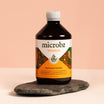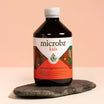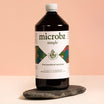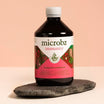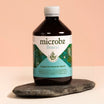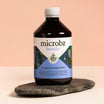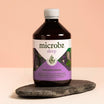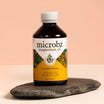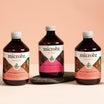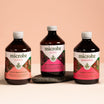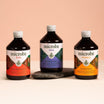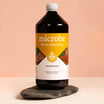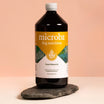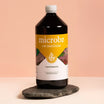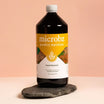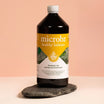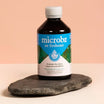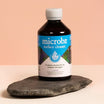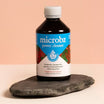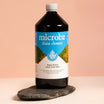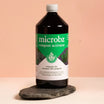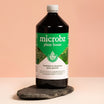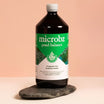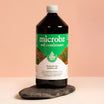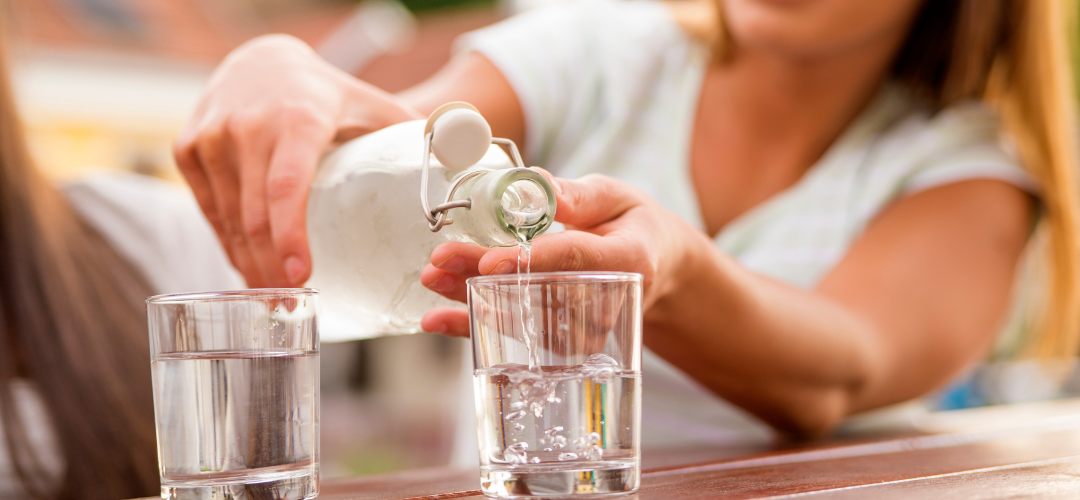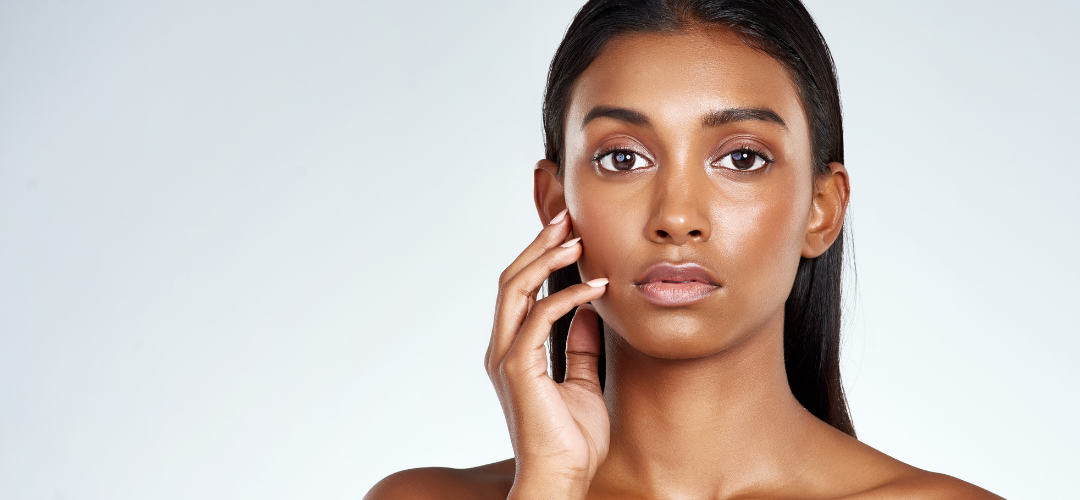Speaking plainly: water is crucial to sustaining life. This is true on both on an individual basis - around 60% of our bodies is made up of water - and on a global scale, around 70% of our planet.
When it comes to our health, drinking enough water helps with a huge number of healthy bodily functions, some of which include: making saliva, delivering oxygen throughout the body, keeping skin healthy, supporting digestion, flushing out toxins, preventing kidney damage and boosting exercise. It's safe to say that if you're working on your health you need to stay well hydrated. But before you reach for the kitchen sink, do you know enough about how tap water might be affecting you?
Is water in the UK safe?
Let's take a moment here to appreciate that we live in a part of the world that has ready access to safe drinking water; it is estimated that about a quarter of the world's population does not. That said, we can also be mindful of the long-term health implications of the drinking water we have here in the UK. To be safe for consumption, the water that is supplied to our homes is treated to make sure that it doesn't contain harmful disease-carrying bacteria. The treatment of choice is low levels of chlorine, which does successfully kill all the harmful pathogenic bacteria present in the water.
However, chlorine also kills the beneficial bacteria like Lactobacilli and Bifidobacterium too. Companies such as The Drinking Water Inspectorate (DWI) provide independent reassurance that water supplies in England and Wales are safe and drinking water quality is acceptable to consumers. However, what constitutes 'acceptable quality' can be contested. As recently as 25 May 2022 Southern Water was fined at Hove Crown Court for failing to maintain the process to keep disinfection by-products as low as possible.
What does this actually mean for us? What does chlorine do to our bodies? Surely, it's safe if it's the nationwide standard?
It's all relative: around 100 years ago waterborne diseases like typhoid fever and dysentery were a common part of life. Disinfecting water supplies to kill bacteria and viruses was a huge advancement in public health, but that doesn't mean there aren't harmful effects that we should be aware of and aim to minimize. The main issue is chlorine. Whilst it does kill off the harmful bacteria in the water, it doesn't differentiate between bacteria that are harmful, and bacteria that are beneficial. So when you drink chlorinated water you're also killing off all the good bacteria in your gut (that you've probably been working really hard to cultivate!)
As well as this, there are some concerning links between chlorine and cancer. As Microbz founder Jeff lays out in this short video about water; chlorine also acts as an estrogen mimic. Once in our bodies, chlorine becomes a false estrogen (Xenoestrogen). These false estrogens contribute to estrogen dominance which can result in both female and male cancers.
So, what can you do to make your water as healthy as possible?
Don't drink unfiltered tap water! There are a couple of ways you can do this:
- Use a carbon block filter to remove or reduce many contaminants from water including chlorine, lead, fluoride, and pesticides.
- Leave tap water out to stand (for at least 20 mins) so the chlorines evaporate.
- Here at microbz we can help make your water safer with Ceramic Water Pipes. They have been infused with microbes for that extra microbial boost and are designed to restructure water and make it more easily absorbed by the body.
We are connected to water, how can you get involved?
June sees the continuation of World Ocean Day, highlighting the critical need to look after our oceans for the sake of our planet's survival. The World Ocean Day website says: Right now, world leaders are making important decisions about the future of our planet. To create a healthy ocean with abundant wildlife and to stabilize the climate, it's critical that 30% of our planet's lands, waters, and ocean are protected. You can support the cause by getting involved in some of the events, signing the petition and sharing the news on social media.[/et_pb_text][/et_pb_column] [/et_pb_row] [/et_pb_section]

